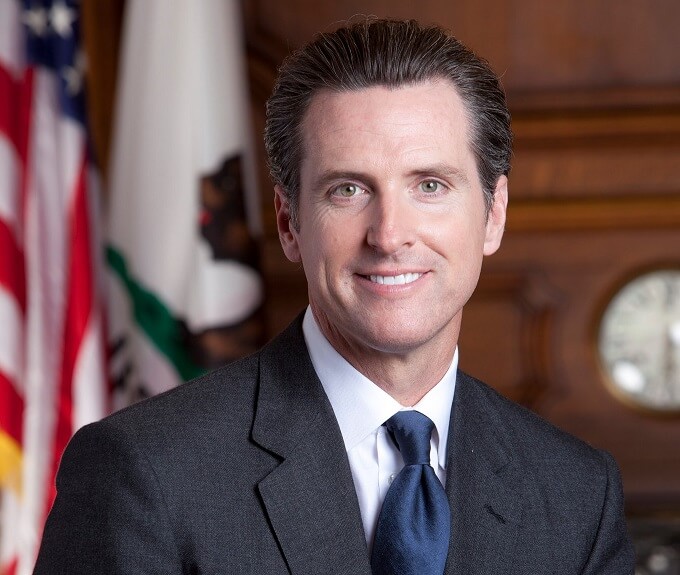California has surpassed 150,000 public and shared private electric vehicle chargers installed statewide, including 137,648 Level 2 chargers and 14,708 fast chargers, according to Gov. Gavin Newsom. This news comes just weeks after California posted its second highest market share in zero-emission vehicle (ZEV) sales.
“When it comes to zero-emission vehicle infrastructure, California has no peers,” says Newsom. “The state is all-in on clean transportation, dedicating unprecedented investments to supercharge our transition. We’re building a bigger, better charging network — faster.”
In addition to the public network, the state estimates that more than 500,000 private home chargers are installed statewide.
California is also expected to receive more than $380 million from President Biden’s Infrastructure Investment and Jobs Act for building out chargers.
In 2024, the California Energy Commission has approved more than $1 billion in funding for EV charging and hydrogen refueling projects for cars, trucks and buses. The projects range from deploying chargers in underserved communities to rapid expansion along the state’s busiest corridors. Highlights include:
- $3 million to install at least 40 fast chargers across 10 sites in Southern California to meet demands from transportation network company fleets and the public.
- $5 million to install Level 2 and fast chargers, bus charging ports, solar photovoltaic equipment and battery storage at a destination multi-use park and future Olympic venue in Los Angeles.
- $7 million to build at least 653 Level 2 chargers near the University of California–San Diego.
- $9.5 million to improve and maintain hydrogen refueling stations statewide.
- $12 million for EV charging at apartments and townhouse complexes.
- $24 million to support medium- and heavy-duty (MDHD) ZEV charging or hydrogen refueling infrastructure along important state highway and interstate corridors.
- $30 million to increase in-state manufacturing of ZEVs and related equipment.
- $33 million to accelerate the successful commercial deployment of MDHD charging at ports and business centers.
- $268 million for MDHD electric charging and hydrogen refueling infrastructure incentives.
- $390 million for electric school bus charging.





